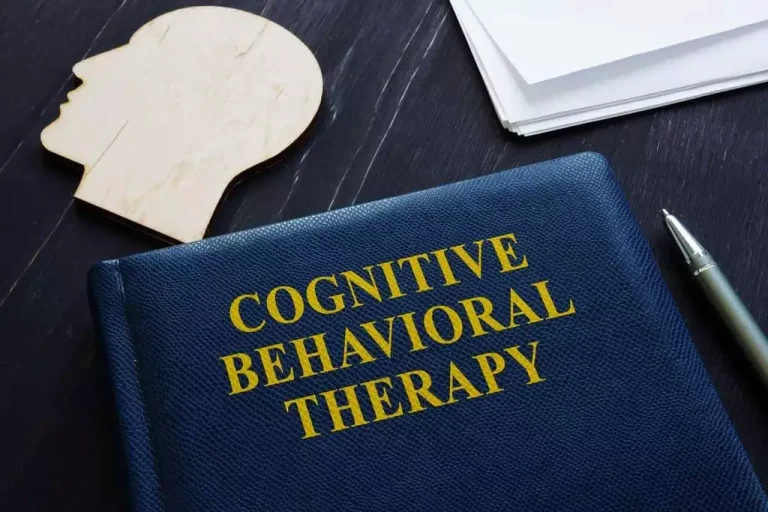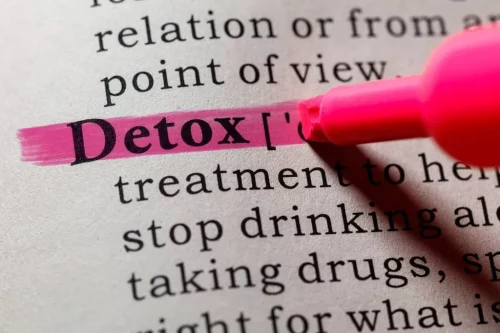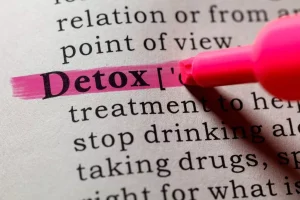
Fighting loneliness during recovery takes effort and patience. It’s important to remember that feelings of isolation are https://ecosoberhouse.com/ a part of the recovery process. By finding ways to reconnect with the world, you can maintain sobriety and build a more fulfilling life. If an individual has friends or family members that are supportive and encouraging, they should embrace those people in their life. Many times, loneliness in sobriety can lead a person to isolate themselves from others who are acting in their best interest.
- The rest of this article will address loneliness in the context of addiction.
- I always wanted instant gratification, which drinking did.
- Some people may not want to admit that they are lonely or ask for help.
Addiction has a stigma

My approach is loneliness in sobriety holistic, addressing both the emotional and social aspects of overcoming loneliness. When people feel lonely for a prolonged period, it can lead to feelings of isolation and even result in depression. Protect your mental health in recovery by remaining connected to your sober support network, family members and close friends while also cultivating new sober friendships.
Health Issues
However, nurturing relationships with non-addicted friends and family provides stronger support and interpersonal connections. Recovery may feel lonely because you must distance yourself from old social circles or activities revolving around substance use. Abandoning once-central relationships and pastimes may create a void leading to loneliness. Support groups like SMART Recovery, and or own Maintain Recovery, are invaluable resources for building connections in recovery. These groups provide a safe space to share your experiences, learn from others, and receive support from people who understand your journey. Studies have shown that strong connections in recovery can help reduce the risk of relapse.
How to Help Someone Who is Experiencing a Relapse
One of the best ways to prevent isolation during recovery is to stay active and healthy. Exercising helps improve your physical and mental health but also distracts from the monotony of self-isolating. You can also ask your friends and family to check in on you regularly for emotional support and comfort. Doing so can build up your motivation to stay consistent with your recovery.
- It was a simple but powerful tool in my recovery journey that kept me grounded and focused on the future.
- You can start yoga (I did), join a cooking class, bootcamp, walking groups, cycling clubs, martial arts … somewhere that you’ll meet other people.
- But these efforts – similar to overly ambitious New Year’s resolutions – can sometimes be unsustainable,” says Delfeld.
- Improving your loneliness doesn’t always mean making major alterations to your lifestyle.
- If you have questions about behavioral health services, Swedish is here for you.
- What we suggest here is to pay attention to what’s happening in your community or neighborhood and join in whenever you see an announcement for a public event.
If you’ve put in the work to be comfortable with your solitude and yet still experiencing loneliness, here are some in-depth articles with recommendations. These are just a few examples of how being alone allows you to explore, create, try new things, and be part of a larger community without excess stimulation. It’s also empowering to connect with your independent self and all the potential that allows. Loneliness is contributing factor to AUD/SUD, and loneliness is often an outcome of initiating treatment and recovery from AUD/SUD. The brain naturally releasesneurotransmitters like dopamineas a way to reward a behavior and encourage you to repeat it. A person who eats a good meal, exercises or has sex will experience a release of dopamine and other neurotransmitters to reinforce the positive action.


Addiction can be a lonely and isolating experience, often making individuals feel disconnected from their surroundings. Building connections with others on a similar journey provides emotional support and helps alleviate feelings of loneliness. Sharing experiences, discussing challenges, and offering encouragement creates a support network that can make a significant difference in the recovery process. Connection in recovery plays a crucial role in the journey to sobriety. Human connections offer emotional support, accountability, and positive reinforcement, all contributing to a successful and long-lasting recovery.


0 Comments